By Olukayode Ajulo Esq.
An unwrinkled face is not good for a resounding slap. So it is somewhat indelicate for a lawyer who ought to be grounded in the ethics of the law profession to publicly criticize the opinions of other senior lawyers, who are revered to be authorities in their fields.
Afe Babalola, Gboyega Awomolo, Wole Olanipekun, J. B. Daudu, Lateef Fagbemi, Kanu Agabi, Oluwarotimi Akeredolu, J. K. Gadzama, E. C. Ukala, Yunus Ustaz Usman, Adeniyi Akintola, Emeka Ngige, Chris Uche, Dr. Onyechi Ikpeazu, Mike Ozekhome, Dele Adesina, J. S. Okutepa, Mahmud Magaji, Dayo Akinlaja, Ahmed Raji, Femi Falana, A. Mustapha, Ebun-Adegboruwa, and many hosts legends of the inner bar are jurists who have become oracles of constitutional law and whose opinions carry weight and speak volumes. For some of these oracles of law, their names have refused to leave the pages of our law reports.
And when they lend their respected voices to public issues, their words are taken as gospel by laymen who lack the qualification and the intellectual rigour to interrogate their opinions. So, to laymen, the opinions of these senior lawyers are Yeah and Amen!
However, this electioneering season has been an eye-opening one for some of us. It has been a season of unraveling and miracles as to how some legal professionals have, either by deliberate action or absence of proper research, interpret one of the simplest provisions in our Constitution as regards election to the office of the President and requirements of the candidate for that highest public office in the land.
We have seen those that should know and those who have held exalted and enviable positions hold curious opinions on Constitutional issues that embarrass our industry and harass ones intellect.
For some of them, politics have been mixed with law in order to please certain quarters of the political class. But this is a dangerous mix. There is politics, and there is law. While they can sometimes intersect, they should not be muddled up when discussing pertinent legal issues that affect the nationhood of the country and the collective development of her citizens.
A number of emergency analysts of the law we have never heard of, or are known for being passive about crucial National issues suddenly appeared to become public figure in interpreting the laws in our Constitution as if they are a collection of formal and informal texts in an English textbook compiled for letter writing.
It is quiet even disturbing when some of my professional colleagues across border were analysing those colloquial interpretations here on one occasion of our group interactions. I must confess that I felt uncomfortable with many of their comments.
As I write this, I find myself grappling with the question: when is politics taken too far? This question has far reaching ramifications, because a honest answer to it will reveal that some senior lawyers give certain legal opinions they do not even believe in just because they have been tainted by politics.
It is the common man on the streets that suffers this dangerous game of deliberate obfuscation and misinterpretation of our laws.
Lawyers cannot frown at the attitude of people flouting court orders and still be the ones selling the law of the land for a token on the altar of political standing.
Deliberately misinterpretation of the law by a lawyer is a mockery of our Constitution and the legal profession and such character has a way of turning to hunt its maker.
It is therefore incumbent upon some of us who understand that the primary role of lawyers as ministers in the temple of justice is first and foremost the attainment of justice. And justice cannot be attained without truth.
Consequently, amidst the brouhaha surrounding the interpretation of section 134(2) of the Constitution of the Federal Republic of Nigeria and the multifarious explanations given by public commentators and senior lawyers alike, it is important to set the record straight and state the true position of the law, devoid of emotion and political chicanery.
The provisions of Section 134(2) of the Constitution of the Federal Republic of Nigeria, 1999 (as amended), particularly sub-paragraph (b) thereof have generated so much fuss and controversy in the past few days, especially after the conclusion and announcement of the winner of the recently concluded presidential elections.
Basically, there are two opposing sides in the arguments the above section has spawned: those who argue that for a candidate to be declared winner, he must get 25% of the votes cast in FCT (asides meeting other Constitutional criteria) and those who contend that a candidate need not poll 25% of the votes cast in FCT to be declared winner, so far as he meets other Constitutional requirements.
For the sake of clarity, Section 134(2) provides that:
(2) A candidate for an election to the office of the President shall be deemed to have been duly elected where, there being more than two candidates for the election –
(a) he has the highest number of votes cast at the election; and
(b) he has not less than one-quarter of the votes cast at the election in each of at least two-thirds of all the States in the Federation and the Federal Capital Territory, Abuja.
Even though the Federal Capital Territory, Abuja (FCT) is not a State properly so called, the Constitution has clothed it with the toga of a State. In other words, the FCT is treated like a State, and all the powers of a Governor in a State is vested in the Minister of the FCT.
While the Houses of Assembly of the 36 States of the Federation legislate for each State respectively, the National Assembly makes laws for the FCT. Furthermore, while the States have their respective Local Government Areas, the FCT has Area Councils.
Pursuant to the above, Section 299 of the Constitution expressly provides that the provisions of the Constitution shall apply to the Federal Capital Territory, Abuja as if it were one of the States of the Federation.
Section 299 of the Constitution has received the judicial imprimatur of the full panel of the Supreme Court in FAWEHINMI & ORS v. BABANGIDA & ORS (2003) LPELR-1255 (SC).
Hence, each time the draftsman intends to refer to the 36 States and FCT in the Constitution, it says “all the States in the Federation and the Federal Capital Territory, Abuja (FCT)”, bearing in mind that the FCT has also been clothed with the toga of a State.
Having made the above clarification, the “and” as used by the draftsman between “all the States of the Federation” and “the Federal Capital Territory, Abuja” in sub-paragraph (b) of Section 134(2) of the Constitution cannot be interpreted to mean that what applies to other States is inapplicable to FCT.
Rather, it means that the FCT is on the same pedestal as the States of the Federation, even though it’s not a State properly so called.
So, the intention of the draftsman as regards Section 134(2)(b) of the Constitution is that, the candidate, in addition to having the highest number of votes cast at the election, must also poll not less than one quarter (25%) of the votes cast at the election in each of at least two-thirds of all the States in the Federation (36 States) and the FCT (a State kind of), thereby making it 25% of votes cast in at least 2/3 of 37 States. 2/3 of 37 is 24.6.
Drawing from the reasoning of the erudite jurist, Otutu Andrews Obaseki, JSC (of blessed memory), in the landmark decision of the full panel of the Supreme Court in AWOLOWO v. SHAGARI & ORS (1979) LPELR-653(SC), there’s nothing like 24.6 States, for a State is a geographical setting incapable of being divided.
Borrowing a leaf from the revered jurist, the construction that two-thirds of 37 States in the Federation (FCT inclusive) is 24.6 States may be correct in the abstract but in relation to the Constitution, it is impracticable. Where there are two possible meanings conveyed by the words of a statute or the Constitution, it is the most reasonable one that should be adopted.
Where the other meaning leads to absurdity or evinces internal contradiction, that meaning should be dropped for the first as the legislature never intends to be absurd or contradictory.
The word ‘each’ in the sub-section (2)(b) of Section 134 qualifies a whole State and not a fraction of a State and to interpret it otherwise is to overlook the disharmony between the word “each” and the fraction “two thirds”. Two-thirds of thirty-seven (37), to avoid any disharmony, gives 25.
As a way of covering the base, the second school of thought contend that for a candidate to be declared winner, he must score 25% in the FCT (asides meeting other Constitutional requirements).
If one agrees with this view, then it logically follows that if a candidate wins the entire 36 states of the Federation and polls the majority number of votes cast, if he fails to get 25% in FCT, then he cannot be declared winner. This cannot be the intendment of the draftsman, as the FCT cannot hold the entire nation to ransom.
So, once a candidate severally polls at least 25% of votes cast in at least 25 states, whether inclusive of FCT or not, he’s won the election so long he also has the majority of the votes cast all over the Federation.
The issue under reference has been before the Supreme Court, in 2003 in the case of Buhari Vs Obasanjo (2003) All NLR 168, the apex court in the land prophesied and held that if there’s any issue on the provision of Section 134(2), they’ll toe the part that accords with common sense. They further undertook that the court is bound to adopt a construction which is just, reasonable and sensible.
A calm perusal of the statement of the justices of the Supreme Court above reveals that they believe there is no ambiguity whatsoever in the provisions of section 134(2).
And like they opined, assuming without conceding that there is ambiguity, the Court is bound to adopt a construction which is just, reasonable and sensible.
For the sake of emphasis, the operative words are “just, reasonable and sensible.”
This then begets the question: is it just, reasonable and sensible to argue that a candidate who, for instance, won 36 States of the Federation and also polled the highest number of votes cast at an election but failed to score 25% of the votes cast in FCT, Abuja cannot be deemed the winner of the election? I think not. That would not be just, reasonable and sensible.
In Bakari v. Ogundipe (2021) 5 NWLR (Pt.1768) 1, the supreme Court held that by virtue of section 299(a) (b) of the Constitution, the provisions of the Constitution shall apply to the FCT, Abuja as if it were one of the States of the Federation.
If that is the case, why then would the FCT, Abuja be placed on so high a pedestal, like some lawyers have done, that it now supersedes other States of the Federation?
Buttressing further, If the provisions of the Constitution are to apply to FCT, Abuja as if it were one of the States of the Federation, then surely it cannot be ranked above other States of the Federation.
To steelman our arguments above, in Baba-Panya v. President, FRN (2018) 15 NWLR (Pt. 1643) 423, the Court held that the FCT, Abuja is to be treated like a State and it is not superior or inferior to any state in the Federation.
As a corollary, it would then be unjust, unreasonable and insensible to argue that scoring 25% of the votes cast in the FCT, Abuja is a mandatory Constitutional requirement, when no other State or even the entire States of the Federation enjoy this preferential treatment.
A reasonable, just and sensible interpretation of section 134(2) would then be that scoring 25% of the votes cast in the FCT, Abuja is like scoring 25% in any other State of the Federation.
That is just, reasonable and sensible.
***Olukayode Abraham Ajulo is a Nigerian lawyer, arbitrator, and civil rights activist. He is a Fellow of the Chartered Institute of Arbitrators and the Diocesan Registrar of the Anglican Communion, Church of Nigeria.






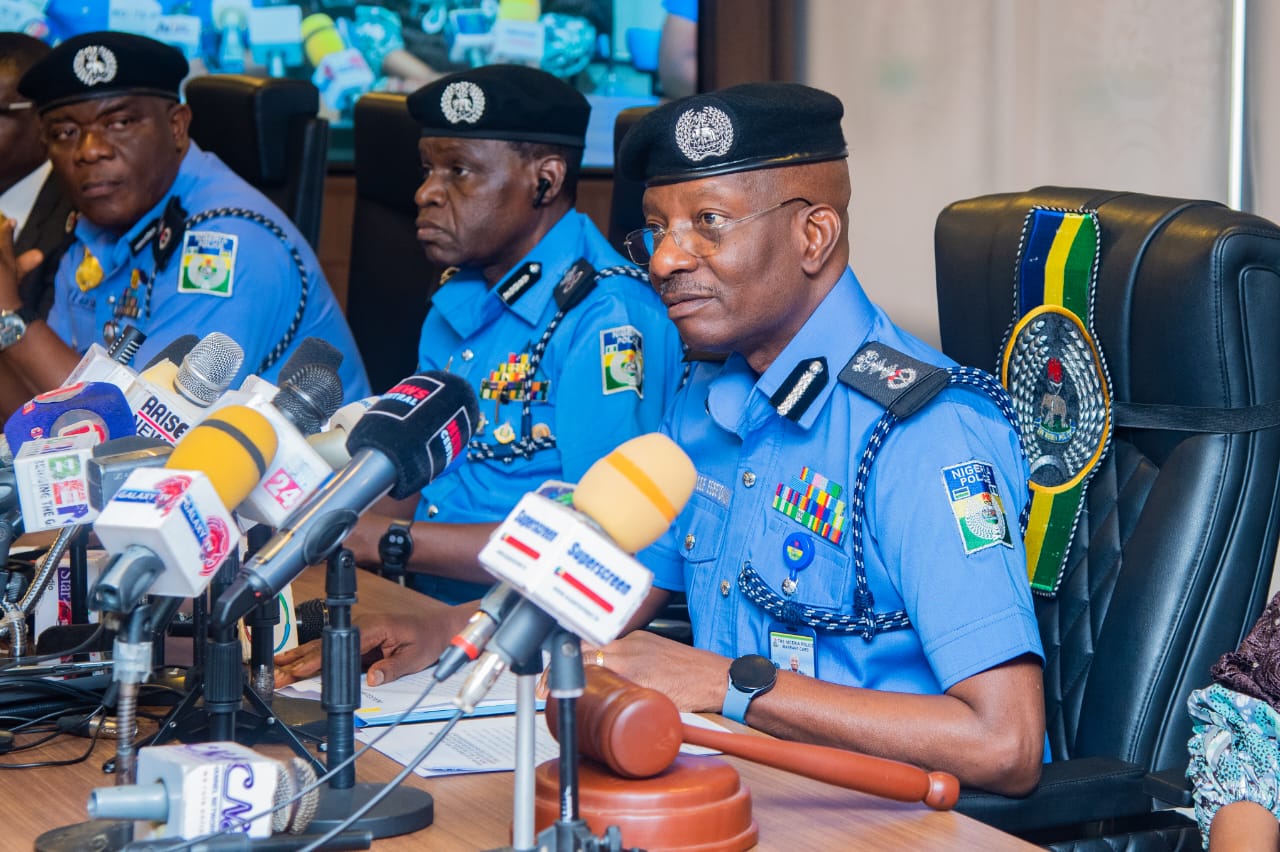
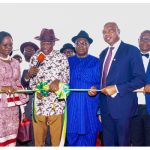
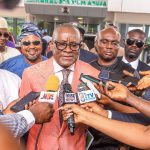
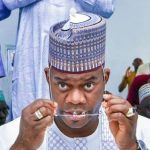



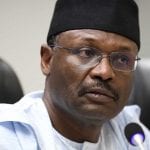
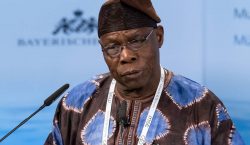


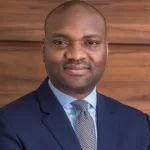
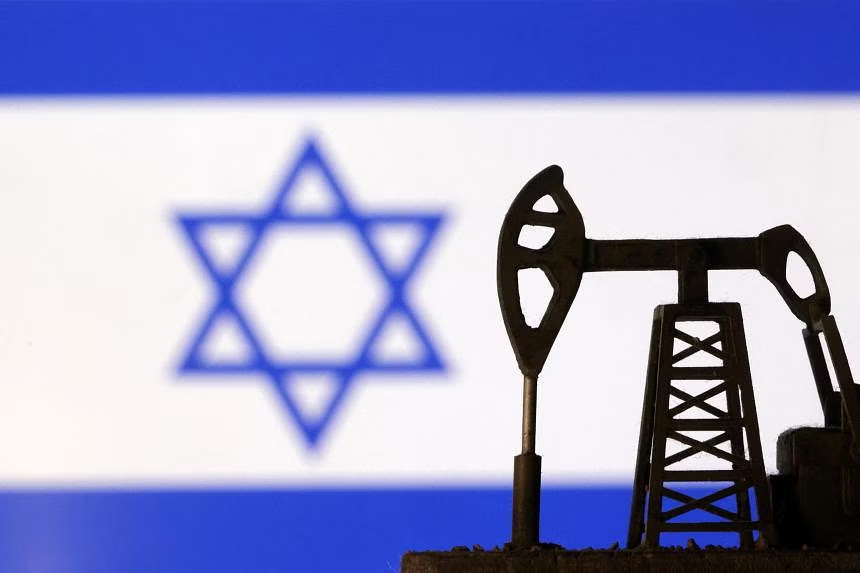

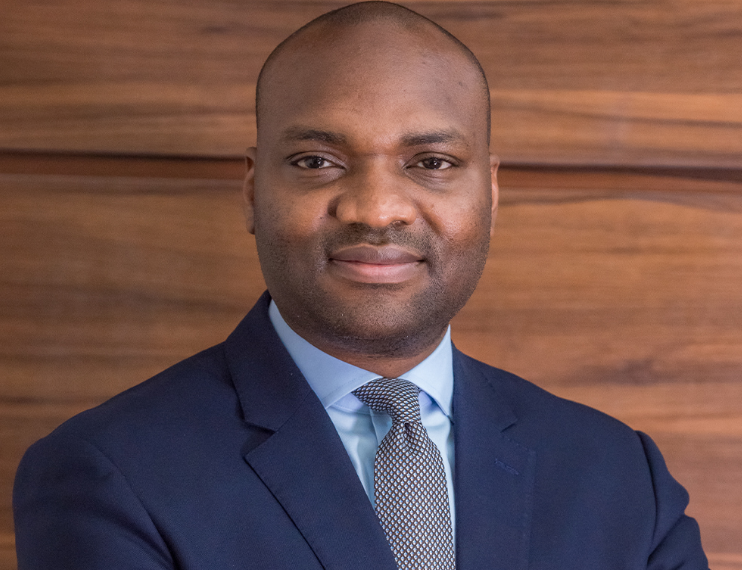
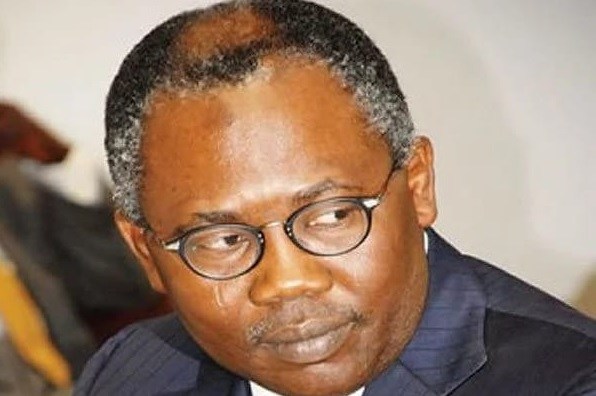
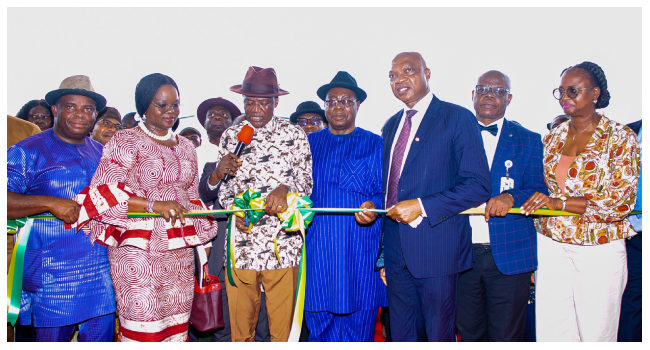
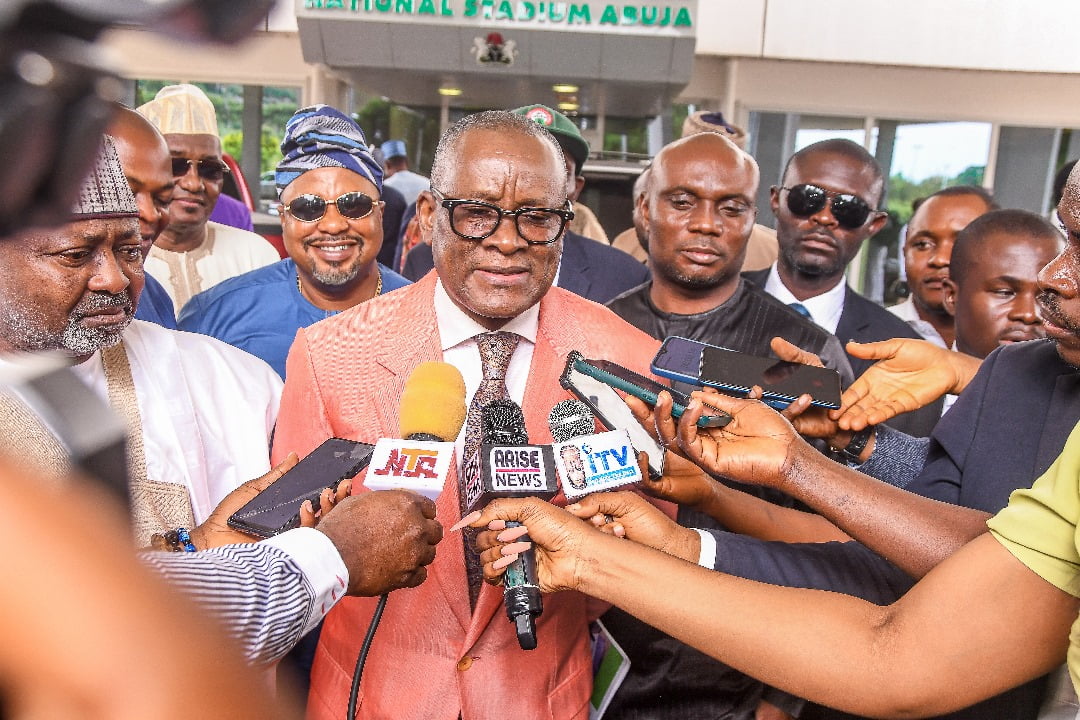
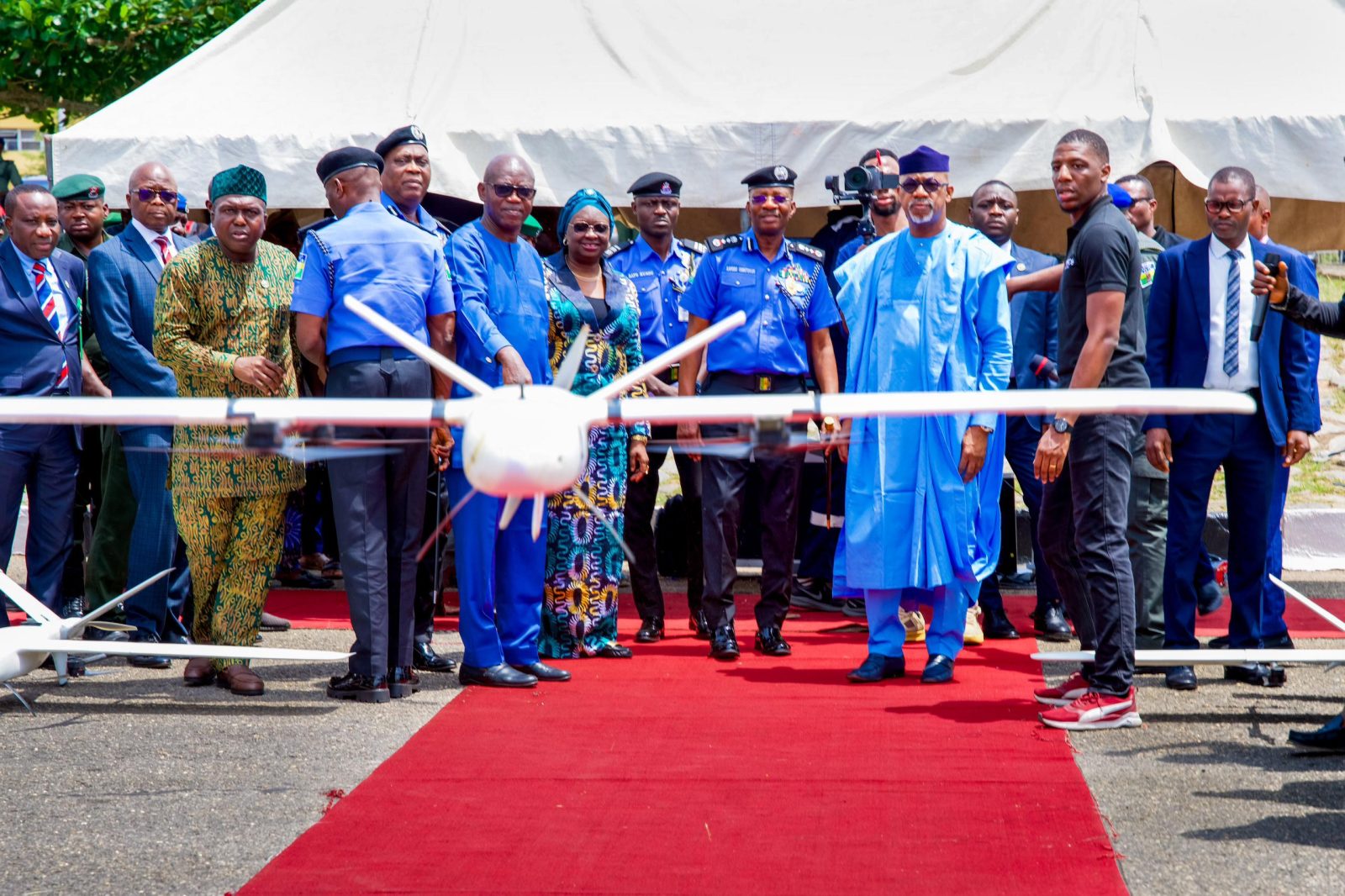


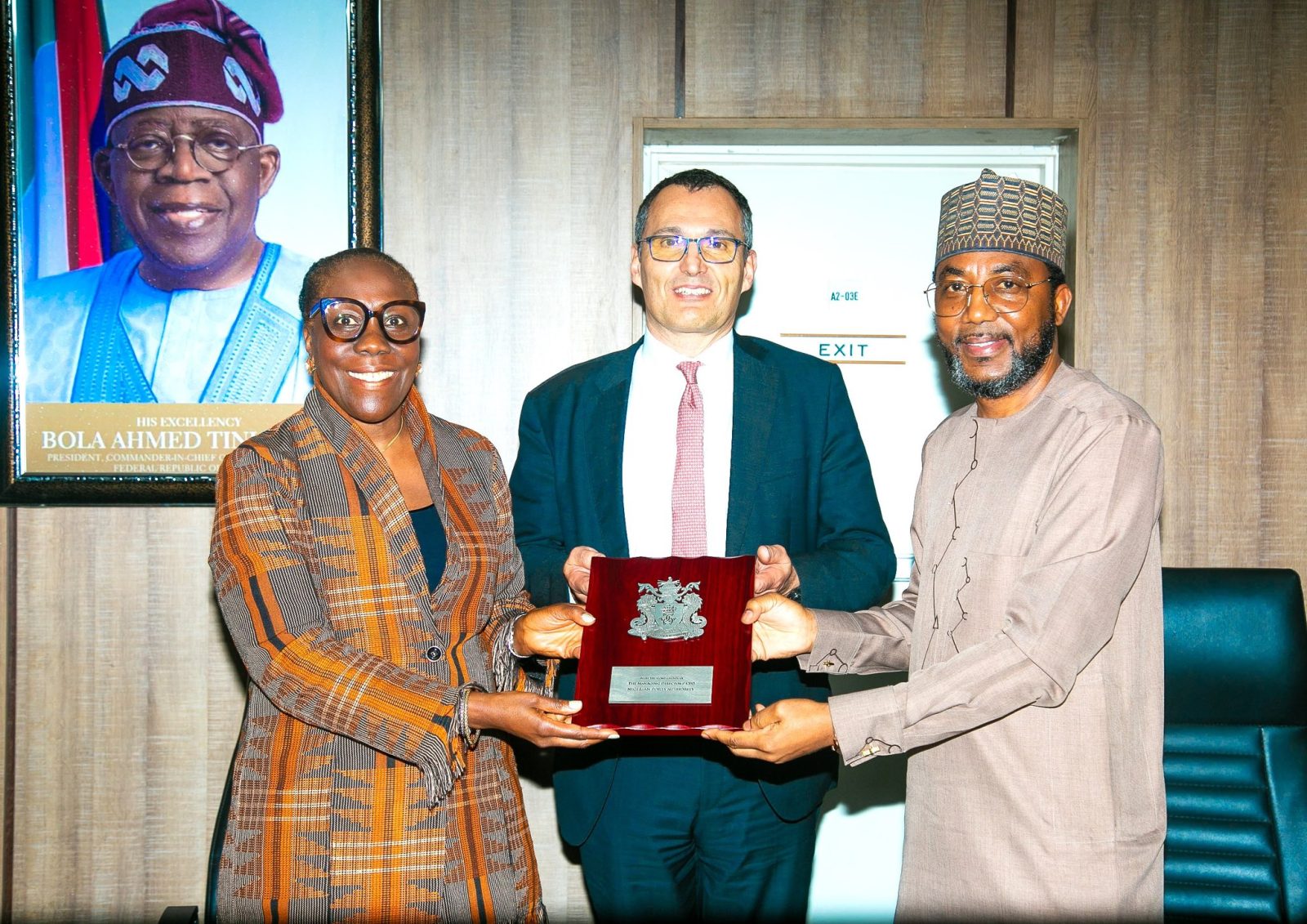
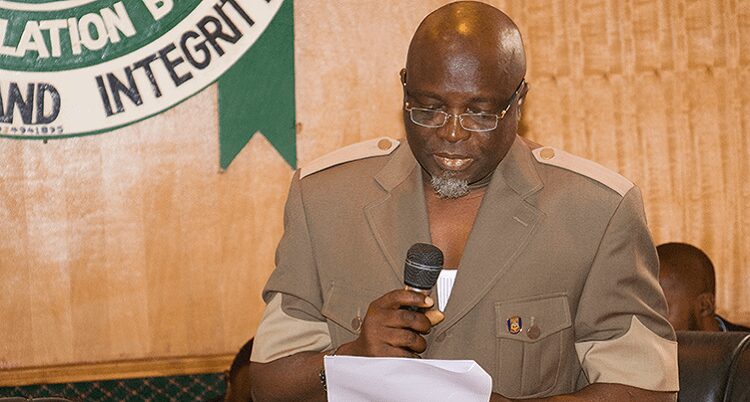
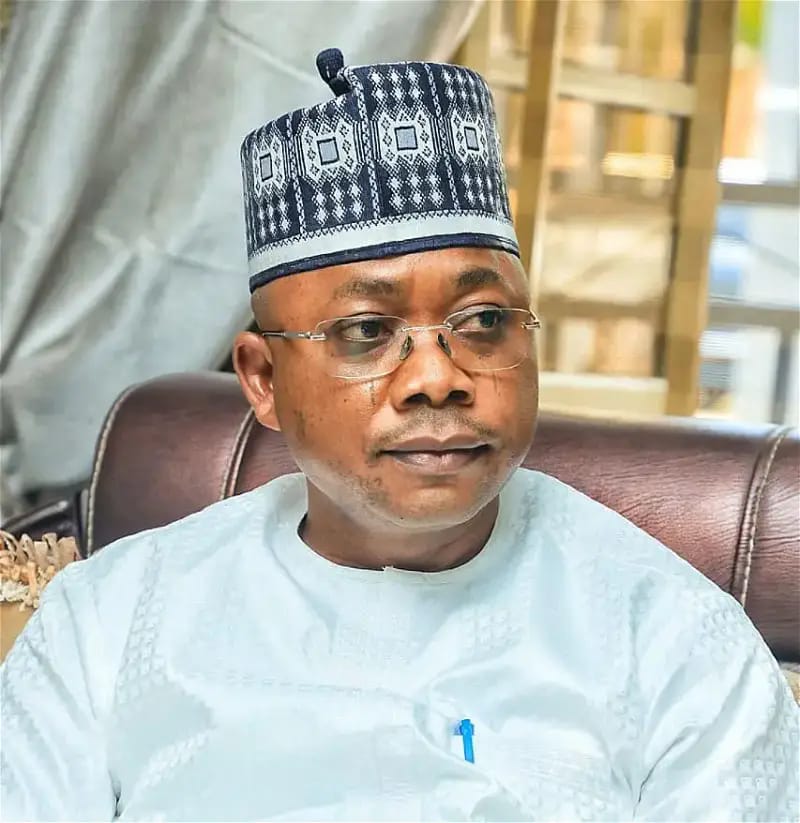
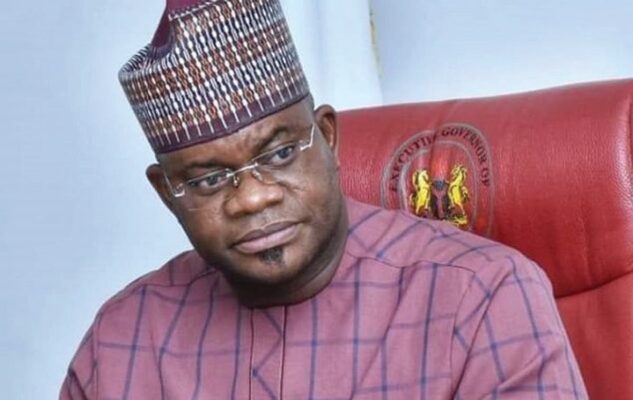

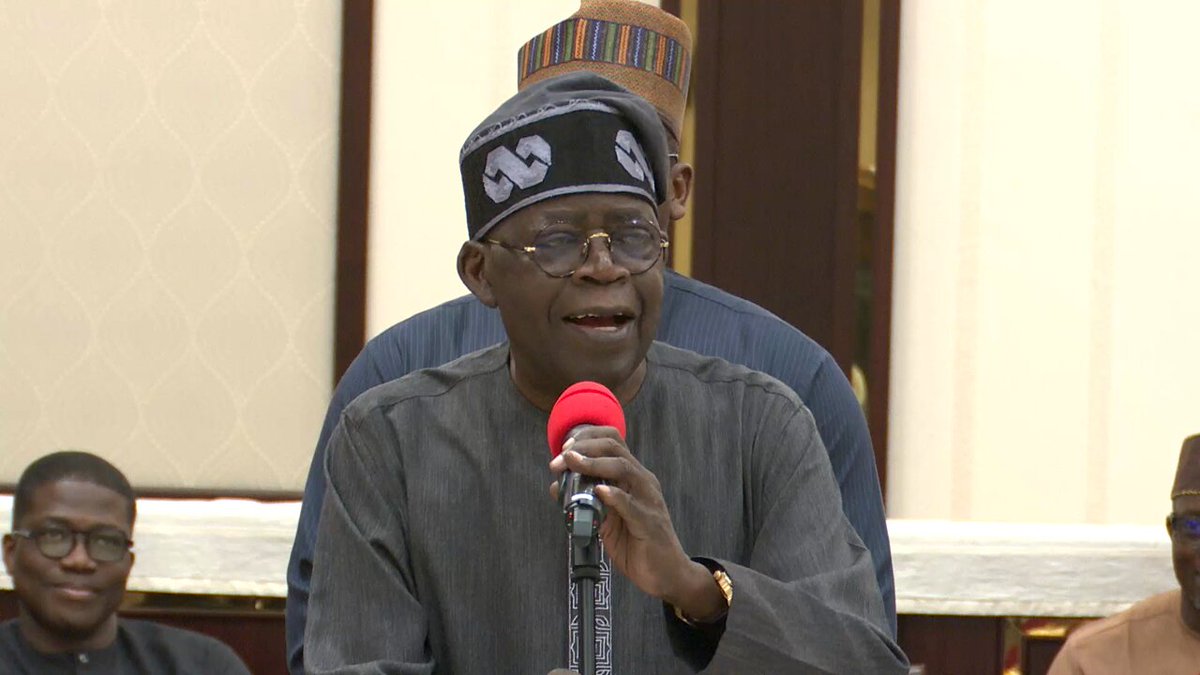
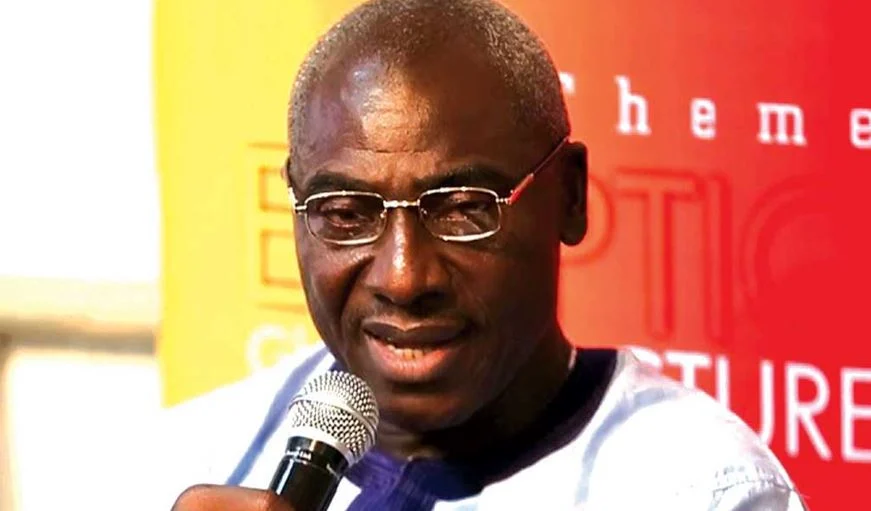
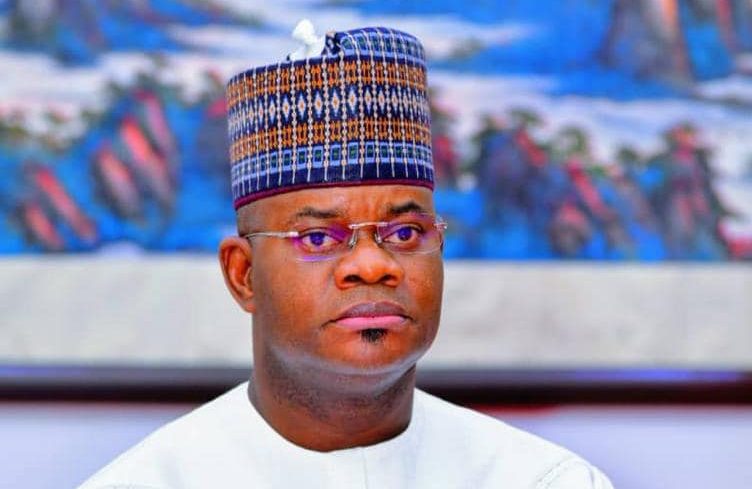
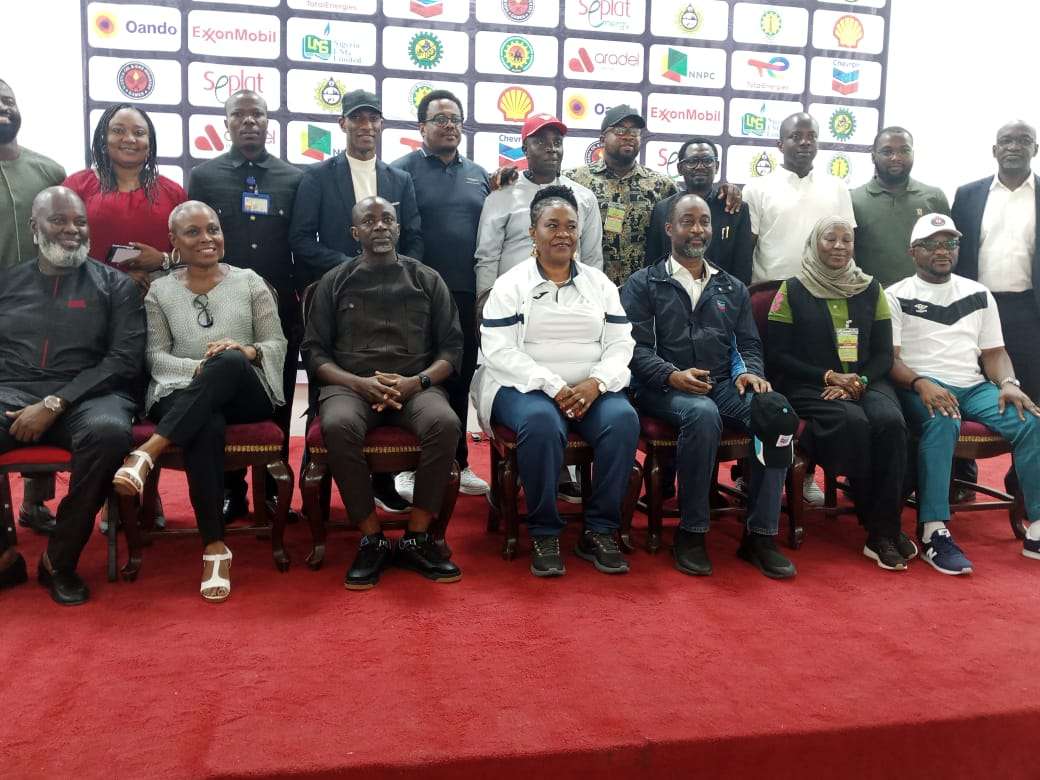
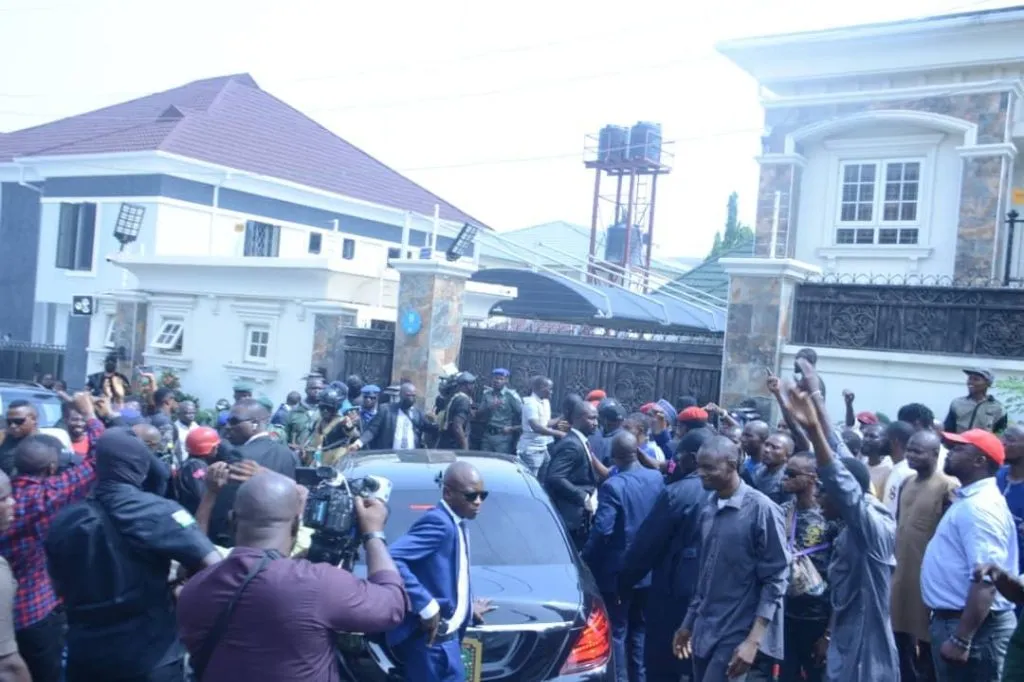
Leave a comment